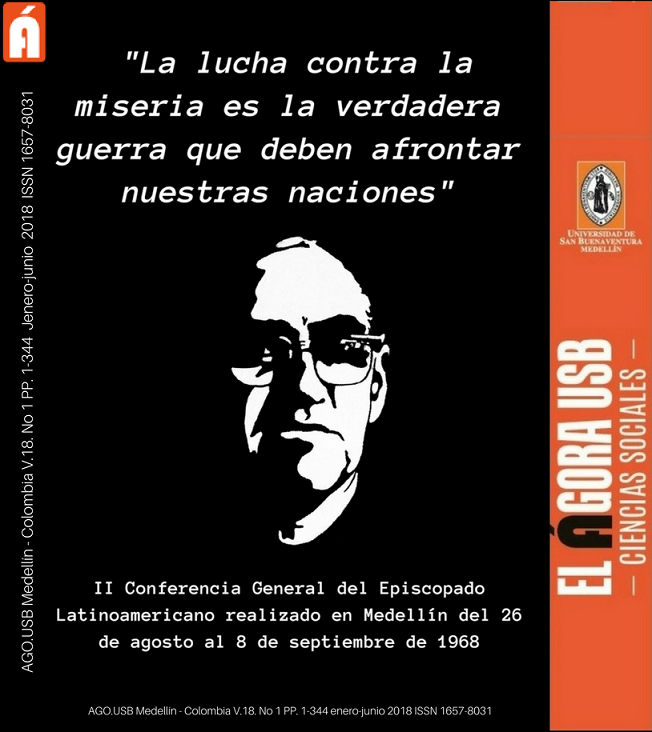The authors are also adhere to the creative commons license 4.0 (https://creativecommons.org/licenses/by-nc-nd/4.0/deed.es)
Attribution - NonCommercial - SinDerivar 4.0 International (CC BY - NC - ND 4.0)
Abstract
To understand the place of the film image in contemporary societies and its relationship with the development of thought that occurs in the context, in the construction of knowledge, which represent actions that are built in childhood and in this way, to be able to come to an understanding of the thinking on the construction of discourses in everyday life, today are key inputs in boy’s and girl’s training processes.
Keywords:
References
Educación, E. d. (2000). Archivo fílmico-pedagógico: problemas actuales de la educación desde el cine. Argentina: gobBsAs.
Larrosa, J. (2000). Pedagogía profana: estudios sobre, lenguaje, subjetividad, formación. Argentina: edu/casa.
Larrosa, J. (2006). Niños atravesano el paisaje. Notas sobre cine e infancia. En I. &. Dussel, Educar la mirada: políticas y pedagogías de la imagen (págs. 113-134). Argentina : Manatial.
Lopez, A. G. (2012). Pensamiento crítico en el aula. Docencia e investigación, 41-60.
Meirieu, Philipe. (2003). Frankestein Educador . Barcelona : 1998.
Pereira, D. C. (2010). El cine como ámbito de la educación: la educación "por" y "para" el cine. En D. C. PERIRA, El cine como ámbito de la educación: la educación "por" y "para" el cine (págs. 238-262). Coruña: Netbiblo.
Sanchez, P. B. (2008). Pensamiento crítico, el dialogo y el entendimiento en Freire y Lipman. Revista de artes y Humanidades , 98-107.




















